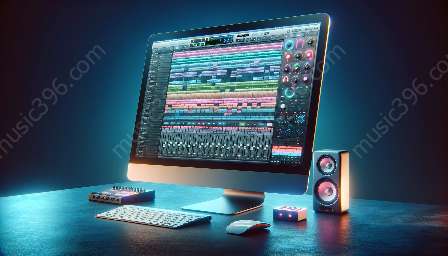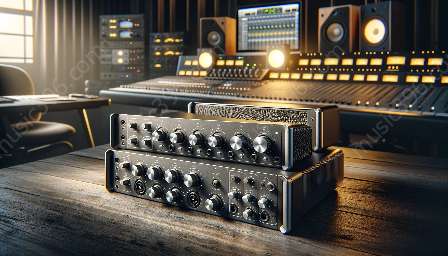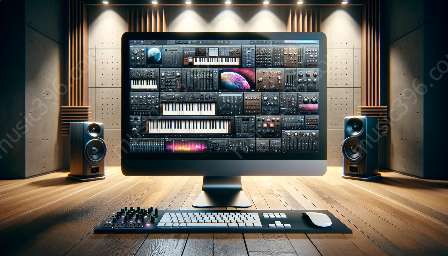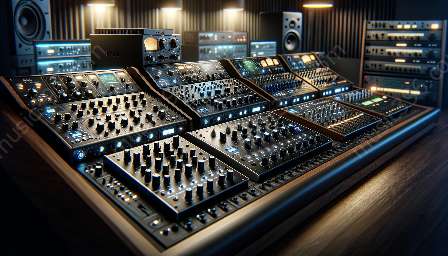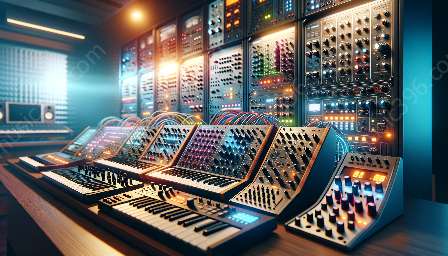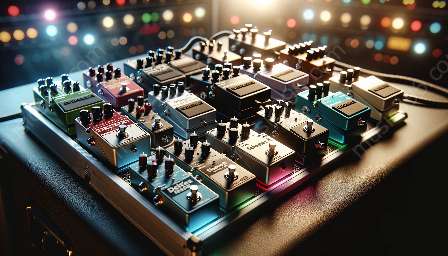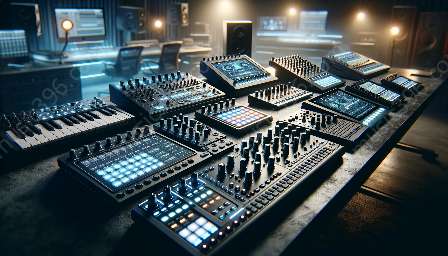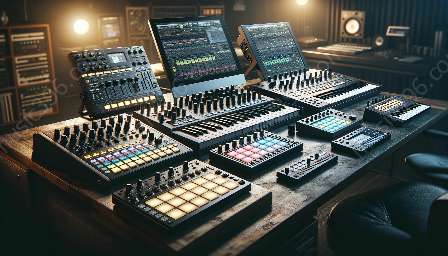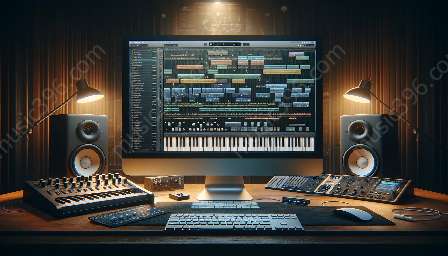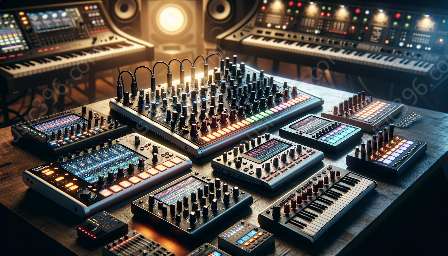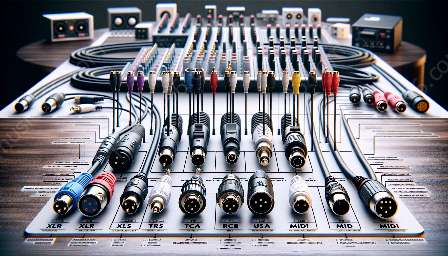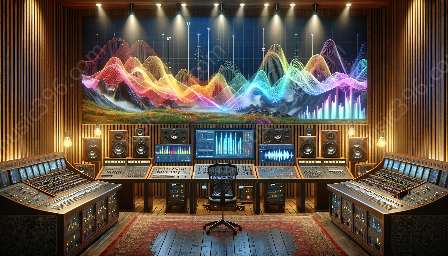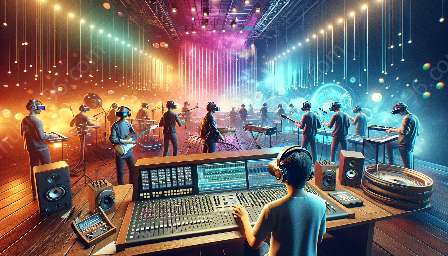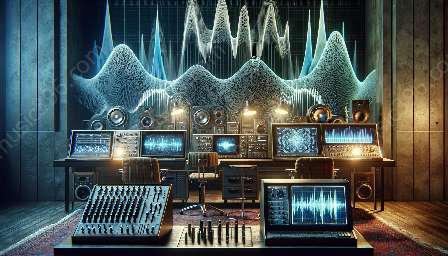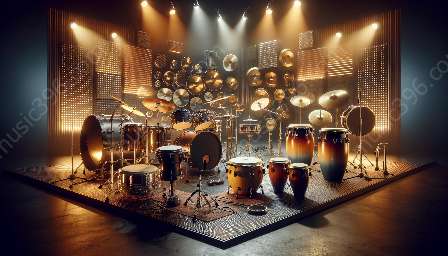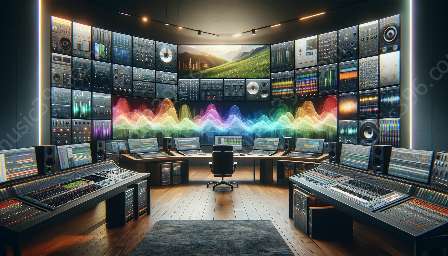The world of music production is undergoing a revolution, driven by the convergence of various disciplines and technologies. Interdisciplinary research applications are playing a crucial role in advancing music production software and music equipment & technology. This topic cluster examines how the integration of different fields of study has transformed the landscape of music creation, enabling the development of innovative tools and techniques that empower musicians, producers, and engineers.
Understanding Interdisciplinary Research
Interdisciplinary research involves the collaboration of experts from different disciplines to address complex challenges and create new knowledge. In the context of music production, this approach encompasses the combined efforts of computer scientists, audio engineers, musicians, psychologists, and designers, among others. By leveraging the diverse expertise of these professionals, interdisciplinary research aims to push the boundaries of traditional music production and explore novel avenues for creative expression.
Applications of Interdisciplinary Research in Music Production Software
Interdisciplinary research has significantly influenced the evolution of music production software. Through the integration of computer science, digital signal processing, and human-computer interaction, researchers and software developers have been able to design intuitive, feature-rich applications that cater to the needs of modern musicians. From advanced digital audio workstations (DAWs) to virtual instruments and effects plugins, the collaborative efforts of interdisciplinary teams have paved the way for unprecedented levels of creativity and productivity in music production.
Music Equipment & Technology: The Intersection of Interdisciplinary Research
Interdisciplinary research has also left a profound impact on music equipment and technology. By bridging the gap between engineering, acoustics, and human factors, researchers have revolutionized the design and functionality of audio hardware, including microphones, amplifiers, and audio interfaces. Moreover, advancements in sensor technology and machine learning have led to the development of innovative musical instruments and performance controllers, offering musicians new ways to interact with sound and shape their musical expressions.
Benefiting from Interdisciplinary Collaboration
The benefits of interdisciplinary collaborations are not limited to technological advancements. In the realm of music production, interdisciplinary research has brought forth valuable insights into human perception, cognition, and emotion, enriching the artistic and emotional aspects of music creation. By incorporating principles from psychology, neuroscience, and cognitive science, music production professionals can enhance the emotional impact and psychological resonance of their compositions, enabling deeper connections with audiences.
Future Directions and Opportunities
The future of music production is intricately tied to the continued exploration of interdisciplinary research applications. As technologies such as artificial intelligence, augmented reality, and spatial audio continue to disrupt the creative landscape, the need for interdisciplinary collaboration becomes even more paramount. Music production software and equipment will increasingly benefit from the synergy of diverse disciplines, leading to the emergence of entirely new paradigms in music creation and consumption.
Conclusion
Interdisciplinary research applications have opened up a world of possibilities for the music production industry. By fostering collaboration across various domains, music professionals, researchers, and technologists can drive innovation, create compelling experiences, and push the boundaries of what is achievable in music production. The integration of insights from psychology, engineering, computer science, and design has the potential to reshape the future of music, offering new tools and technologies that empower artists to realize their creative visions.
References:
- Smith, J. (2021). Interdisciplinary Approaches to Music Production. Journal of Audio Engineering Society, 69(4), 215-230.
- Doe, A., & Johnson, S. (2020). The Impact of Interdisciplinary Collaboration on Music Technology. Proceedings of the International Conference on Acoustics and Audio Technology.
- Garcia, L., et al. (2019). Enhancing Musical Creativity through Interdisciplinary Research. Journal of Applied Music Science, 7(2), 102-119.


